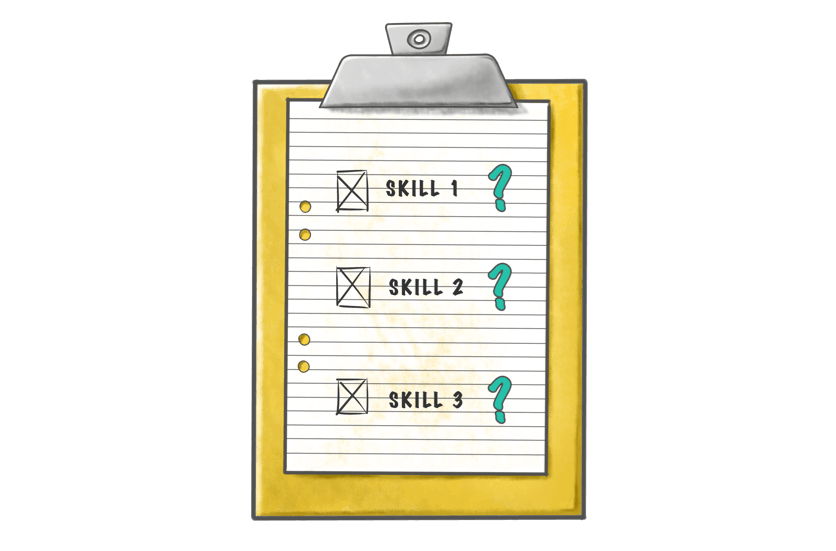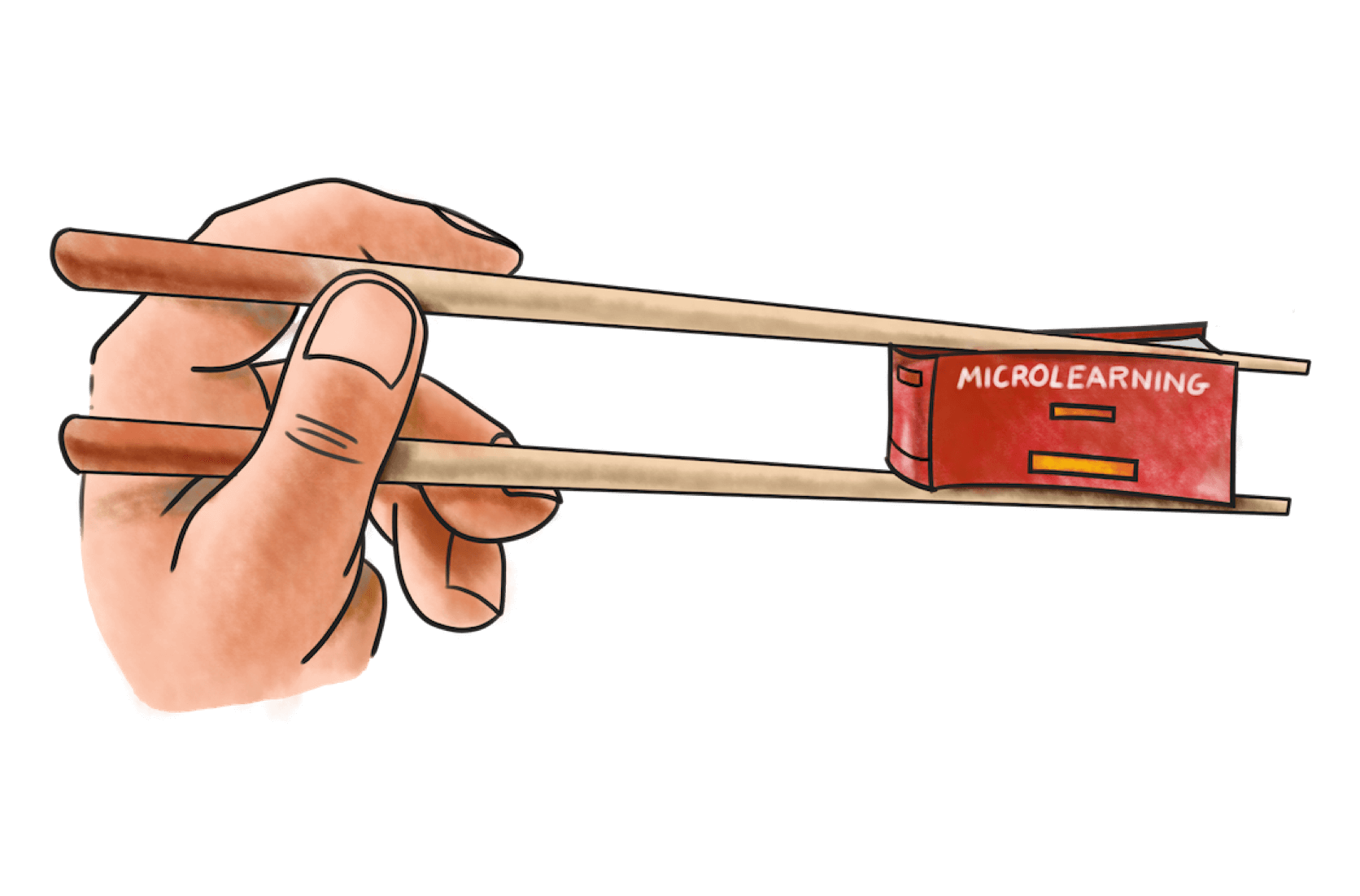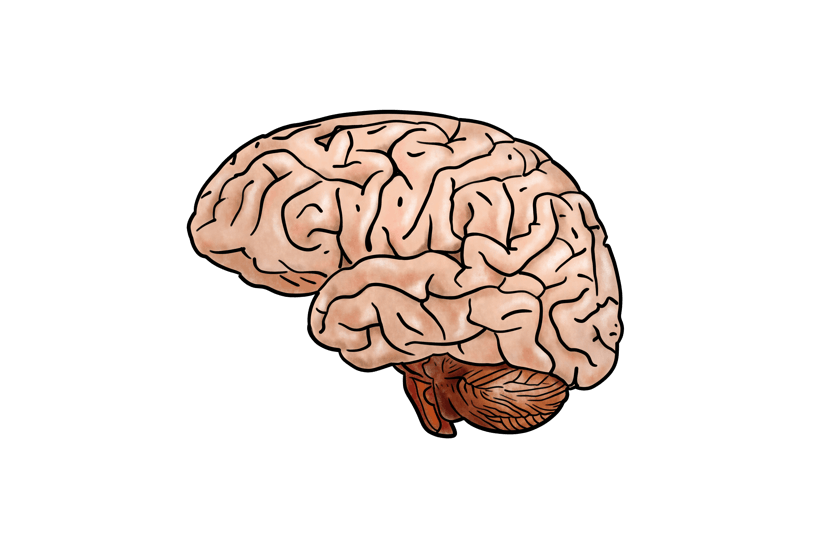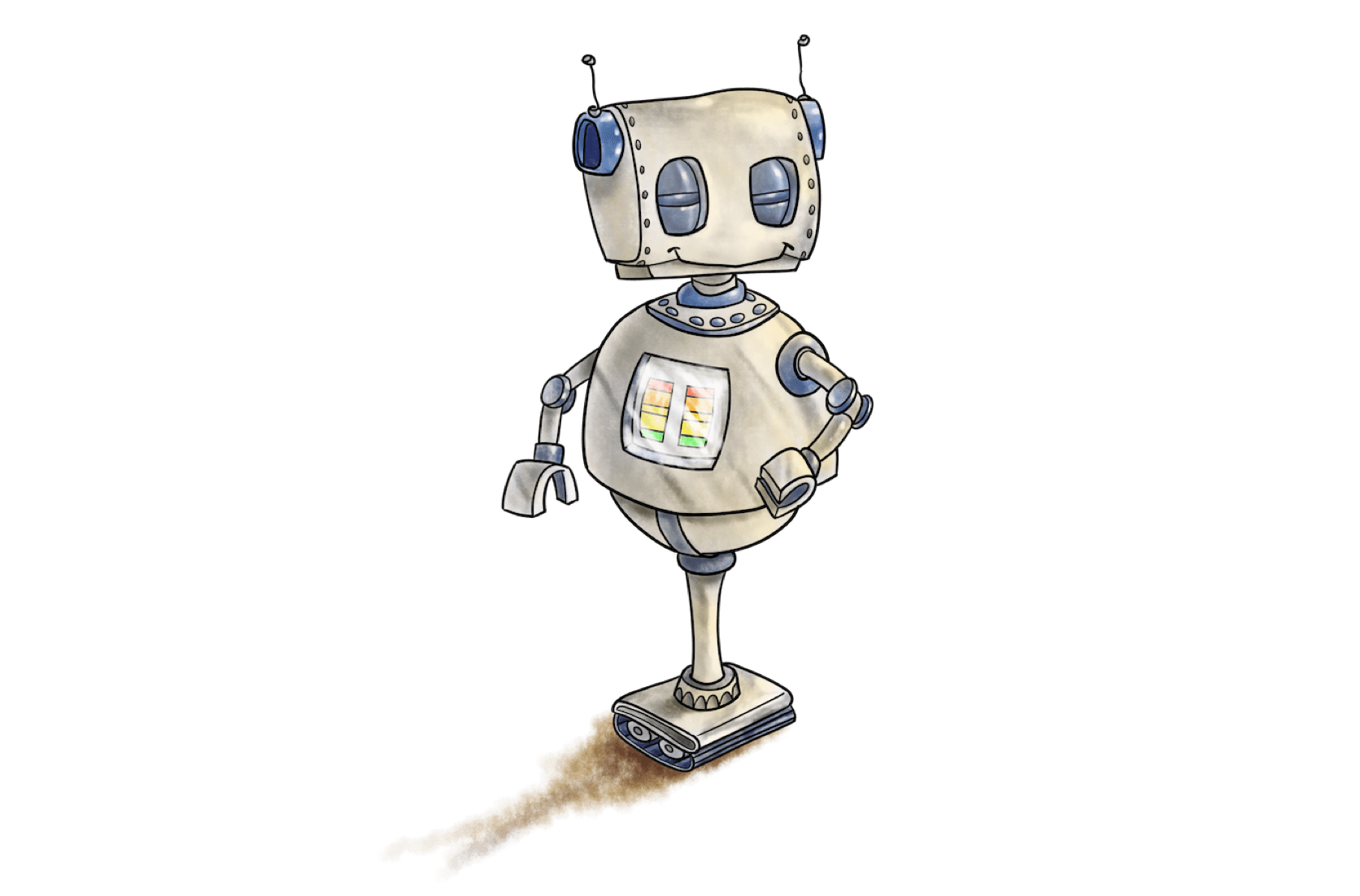
In school, we were told that whenever our attention lapses, whenever we fail to grasp a concept, it is a failure in our selves. We're deterred from asking questions because what we ask might make us look silly. The teacher, we are told, imparts knowledge perfectly. If we missed something, it's because we weren't paying enough attention; we need to try harder.
Which is very unfair.
And also a cop-out, on the part of the education system. A student struggles and it must be a problem with the student and not the teacher? Seems dodgy to me...

Look, there are a million reasons why a particular teaching style may not be getting the message across adequately. I won't pretend to be able cover the field in one article. However, there is one pretty prominent reason that I've got a bit to say about. So, to those of us in online learning, instructional design, or any and every form of workplace learning, next time your learners don't seem to be learning anything, I want you to ask yourself this question:
What if our learning content is boring?
Socrates said the unexamined life is not worth living. I say uninteresting content is not worth learning.
I think we've all sat in a lecture, or a meeting, or some sort of conference and been absolutely bored out of our minds.

You sit there, lecturer or other teacher droning on, and you know you need to focus but the more you try to to focus the harder it is and you realise that you're not focusing on what the teacher is saying you're just focusing on trying to focus and your thoughts get all scrambled and before you know it minutes have gone by and you have absolutely no idea what topic you're even meant to be learning about.
While we may have been told over the years that our inability to focus on dry content is the result of our inherent laziness, I'd like to reverse that presumption. For all of us in the instructional design field, I'd like us to instead consider that a learner's failure to retain training indicates a defect in the material, not the learner.
At Yarno, we live by the philosophy that learning should be enjoyable.
Because the thing is, if we enjoy something, we find it a lot easier to pay attention to.
And when we pay attention to something...well we tend to remember it and, y'know, learn from it.
In my opinion, one of the best ways to make learning enjoyable is to inject a lil' humour. If my professors had added a gif or two in between lecture slides maybe I wouldn't have treated class as official/unofficial nap time.
On average, only 15% of learners who start an online course, complete that course. At Yarno, we have an average of 80% completion rate. Why? Well I think it's got a lot to do with the fact that we create content that's high quality and enjoyable.
But I'm not here just to pat myself on the back. I'm here to help you out. So the next thing i'm going to cover in this article is:
Proof that humour aids knowledge retention
Learning doesn't have to consist of a man in a tweed jacket lecturing you, or be as dense as reading from a thick textbook. Learning can be fun, light, a relief.
And it's not just me who thinks that injecting a bit of humour is conducive to the learning process - studies back me up. Here are just a few examples:
- A University psychologist at Stanford University found that students were more likely to recall a statistics lecture when it was injected with jokes about relevant topics (Stambor 2006, para.9).
- Humour can reduce anxiety and stress often associated with learning, causing a reduction in the release of cortisol, and thereby improving the overall learning experience (Berk 2000, p.52) .
- In studies on the effects of satire for understanding the news, it has been found that using satire and/or humour generally increases the 'absorption' of content. Meaning, that we're more likely to retain information we find funny (Boukes et al. 2015, p.737).
For me, the verdict is clear: there's no downside to including humour in your training content. Why shouldn't we all have a laugh while learning something? In fact, having a laugh might actually help us learn a little more.
Okay, with that in mind. The next stop is:
How do you make learning enjoyable?
This is your licence to include memes, gifs, and any other joke-related paraphernalia you like into your online learning content (see above for examples 😜).
I think the first step to making learning fun and/or funny, is to not take it so seriously. We have a tendency to think that if something is complex, dense, and a little bit confusing, it's a work of genius (I'm looking at you, Shakespeare). But I don't believe it. The purpose of writing is to communicate; to transmit meaning. Therefore, if something is ineffective at transmitting that meaning, it's not very good writing. Good writing is simple, clear. The same goes for instructive material. When content writing, don't think, 'what's the smartest most intellectual way to get this across? We need to be thinking, 'What's the clearest, most straightforward way to get this across?'
In other words, training content needs to be written in language the learner can understand.
And humour is a great way to do this. You know what's hard to understand? The myriad ways a government can and cannot capture and use our personal data. And yet, John Oliver's Last Week Tonight episode on this topic has nearly 30 million views on the topic. Why? Because he and his team broke it down, put it in easy to understand English, and injected humour into it, too. The result is that nearly 30 million people are now educated on this integral, and yet ostensibly inaccessible topic. The point is that humour is a legitimate educational tool. It may be one of the strongest ones we have. So we best use it.
Wrap up
A learner struggling to pay attention to training material isn't a sign of a defect in the learner; it's a sign of sub-par learning material. That means the onus is on us, as training providers, to make better quality content. And in my opinion (which is backed up by empirical research) one of the best ways to do this is to inject a bit of humour into your content. Be silly! Why not? It'll make the content more enjoyable not only for the learner, but also for the content writer (what would you rather do - write a dissertation or find some top-quality memes?) Learning is important, we need to take it seriously. But perhaps the best way to do that, is to not be so serious. Crack a joke, laugh a little. You might just find that the more you LOL, the more you learn.
References
Berk, R.A. 2000, ‘Does Humor in Course Tests Reduce Anxiety and Improve Performance?’, College Teaching, vol. 48, no. 4, pp. 151–8.
Boukes, M., Boomgaarden, H.G., Moorman, M. & de Vreese, C.H. 2015, ‘At Odds: Laughing and Thinking? The Appreciation, Processing, and Persuasiveness of Political Satire: At Odds: Laughing and Thinking?’, Journal of Communication, vol. 65, no. 5, pp. 721–44.













































































































